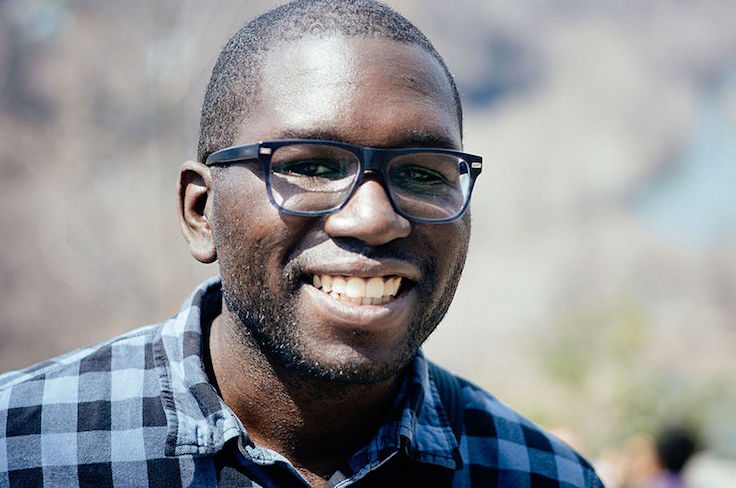New York Times columnist and CBS News political analyst Jamelle Bouie addressed a closed-door gathering of the Democratic Party's top donors last week in potential violation of the paper's ethical guidelines, which prohibit paid speeches to political groups and urge staff members to be "especially sensitive to the appearance of partiality when they address groups that might figure in coverage they provide."
The Democratic establishment, its donor class, and the party's strategy has been a regular subject of Bouie's columns and of his political analysis on CBS News, where he is a frequent guest on the network's flagship Sunday program Face the Nation. While Democracy Alliance is not formally affiliated with the Democratic Party, it describes itself as the "largest network of donors dedicated to building the progressive movement in the United States." The group gathered in Washington, D.C., last week for its fall investment conference to map out its upcoming agenda and investment strategies for the 2020 election.
Bouie helped kick off the conference with a conversation with Democracy Alliance senior adviser Julie Kohler. He told the Washington Free Beacon that he discussed a recent essay for the Times' 1619 project, which aims to "reframe the country’s history, understanding 1619 as our true founding, and placing the consequences of slavery and the contributions of black Americans at the very center of the story we tell ourselves about who we are."
Bouie did not respond to questions about whether he had received approval from the New York Times and CBS News to participate in the event or whether he was paid for his services. Gara LaMarche, president of the Democracy Alliance, did not respond to an inquiry by press time. The New York Times did not respond to questions on Bouie's appearance. CBS News declined to comment.
The New York Times ethical guidelines for journalists stipulate that a staff member must consult with the standards editor or the deputy editorial page editor before accepting an invitation to such an event. "A reporter who writes about the environment could appropriately speak to a garden club but not to conservation groups known for their efforts to influence public policy," the guidelines say.
A Washington Post reporter lost her job for participating in one of the group's 2017 conferences without her paper's approval.
Times reporter Lisa Lerer covered President Barack Obama's address to the group on Friday night, where the former president warned donors against backing a candidate who veers too far to the left, alienating middle-of-the-road voters. She made no mention of her colleague's participation in the event or of any of the attendees.
In 2017, Washington Post reporter Janell Ross attended the Democracy Alliance's fall investment conference in California and spoke on a panel on "getting the economic narrative right" in future elections, the Free Beacon previously reported. Ross did not notify or gain approval from the Post to participate in the event and was ultimately put on leave, though she never returned to the newspaper.
The Democracy Alliance's investment conferences routinely attract Democratic power players and activists from across the country. This year, House Speaker Nancy Pelosi (D., Calif.) delivered a private briefing to the group, and House Intelligence committee chairman Adam Schiff (D., Calif.) and House Judiciary chairman Jerry Nadler (D., N.Y.) have addressed the group at its previous two gatherings.
Each member of the alliance must give at least $200,000 annually to groups approved by the coalition. Liberal billionaire George Soros and Democratic presidential candidate Tom Steyer are two individuals known to be a part of the donor club, which actively works to keep its member lists hidden. The alliance has poured $1.83 billion into progressive infrastructure since its formation in 2005 and has mapped out a $275 million spending plan for the 2020 election cycle.
